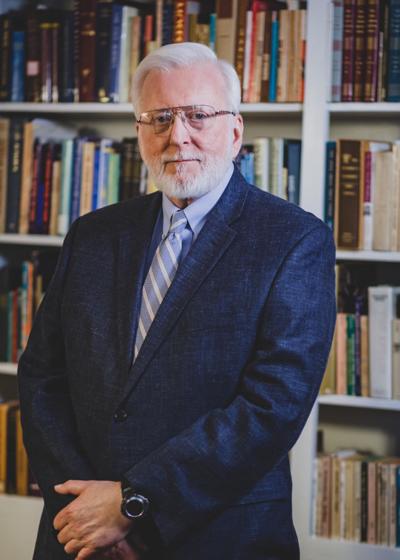We are witnessing an unprecedented drop in social trust in America. This lack of trust is directed toward other people and the government.
Social Trust began to decline in the United States in the mid-1970s, after Watergate, and it has gotten significantly worse in the past decade. The Pew Research Center has established that, in 2024, social trust was at a mere 34%, and some studies put it as low as 20%.
Aristotle said it long ago. We are political beings. We are happier and more likely to achieve our full potential when we live and work together with others in political communities. Our political life needs social trust to survive. Laws by themselves will not hold us together. And placing soldiers in our cities will only make things worse.
What is social trust? Kevin Valier, a professor of philosophy at Bowling Green State University, points out that it is not the same as interpersonal trust. As individuals, we all have a few people with whom we are very close — friends and/or family. Some of them we trust absolutely. We tell them our secrets, our hopes and fears. We know they will keep these things confidential and that we can rely on them for help in good times and in bad. This is a small circle. Social trust is about trusting people we don’t know and will probably never meet to follow basic social norms.
Social trust depends on our belief that most of the people in our society will, as Valier makes clear, “act according to shared moral rules” and that this will allow us to have “reasonable expectations” about how others in our society will behave.
Social trust isn’t broken when we see an individual here or there violate social norms or laws. However, if we think most people are unreliable, social trust can be lost. Once this happens, the entire fabric of a democratic society, such as our democratic republic, is at risk.
What leads to the loss of social trust? There are many factors, including the rise of the internet, the decline in our involvement with civic organizations, and the way people believe the economy is affecting them. In addition, we have experienced in the last decade a constant political assault on social trust.
We have been told every day that our elections are rigged, our courts are biased, professors are woke, museums pervert history, newspapers produce fake news, civil servants are part of a deep state, and the people coming to America to seek a better life are a threat to us.
We don’t feel we can trust our public or private institutions, or the people around us. Trust has been replaced by more than uneasiness; it has been replaced by fear. Yuval Noah Harari, an Israeli historian and author at the Hebrew University of Jerusalem, has wisely stated that “the key issue is that democracy is based on trust, whereas dictatorship is based on terror.” To preserve democracy, we need to find ways to rekindle trust.
The good news is that we have the power to change things. The not-so-good news is that the change we need will come slowly. Sociologists have determined that once trust for one cohort of people is lost, it is rarely regained. It may take a whole generation to rebuild social trust, but we can make a start.
Any effort to rebuild trust needs to be a ground-up approach. This effort would involve several things, including encouraging our children and/or grandchildren to get involved with groups and associations that match their interests and life, such as religious organizations, social-activism clubs and charity drives. Anything that breaks through the cycle of isolation that is so much a part of our lives today and gets them involved in efforts where they will learn to work cooperatively with others.
In addition, we need good people in leadership positions in our society. We need teachers who will help to form the minds of the future. And we need people with a service-oriented perspective running for public office. We can only break through today’s cynicism about our country by making it a better place.
Many young people today avoid public service careers. We need to change this by focusing on the way we raise children and grandchildren. We need the best and brightest in positions of trust to lay the foundation for a social trust in the future.
We can rebuild social trust, but the process will be long and challenging. Each of us can play a role in this crucial quest, but we need to break out of our isolation and take the first step. Change won’t come quickly or easily. We need to trust the process.











